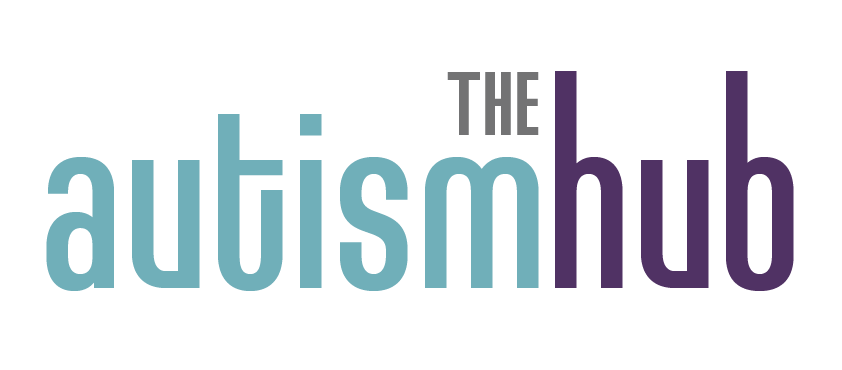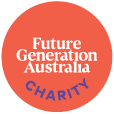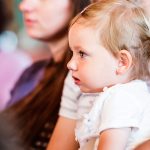The learning styles of individuals with Autism means that teaching concepts and skills in managing their sexuality, using typical strategies such as theory based lessons and reading materials, are often ineffective.
NOTE: Please keep checking back, as once we have completed a full teaching and learning cycle of the implementation of ‘Becoming Me’, we will be sharing the program here.
Developing a program that teaches students about their sexuality.
At Giant Steps, we have been developing a whole school approach to systematically teaching students about their sexuality. I thought I’d share with you the key considerations and reasoning we have used when developing the ‘Becoming Me’ program so far.
The learning styles of individuals with Autism means that teaching concepts and skills in managing their sexuality (such as personal identity, emotional regulation, interpersonal relationships, hygiene and puberty) using typical strategies, such as theory based lessons and reading materials, are often ineffective. This is due to difficulties in communication and social skills, thus impacting how students read social cues, build relationships, develop a sense of self and express their sexual identity in appropriate ways. Deficits in communication, theory of mind, central coherence and executive functioning contribute to the vulnerability of this population to acts of inappropriate or indecent assault. More specifically, as a result of these deficits individuals with autism may fail to identify the intentions of others, develop their understandings of appropriate and inappropriate behaviors (or safe and unsafe) and/or be unable to clearly communicate about the actions of others as a method of self-reporting.
Many individuals with Autism, particularly those with an intellectual disability, have a greater dependence on others to assist with self-care tasks such as showering, toileting and dressing. In addition, students with Autism require assistance in managing key personal care routines that occur during adolescence including menstruation and masturbation. This adds to the vulnerability of individuals with ASD and an intellectual disability.
The development of a sexuality program at Giant Steps has allowed Giant Steps therapists and teachers to build upon and consolidate a consistent approach to educating students about their sexuality. We have developed a compulsory school wide Unit of Work, “Becoming Me”, which runs within the PDHPE program from Early Years to Secondary School. Building these foundations with our students from an early age, allows for them to grow with appropriate knowledge of self-awareness throughout multiple developmental stages including puberty, adolescence and onto adulthood.
The educational components that are taught comprise of the following 4 fundamental areas of learning;
- LOOKING AFTER MYSELF
Aimed at developing students’ independence with core self-care tasks and building consistent routines across school and home environments - MY BODY
Involves developing students’ self-awareness of who they are and what groups they belong to (e.g. gender). They key focus is to develop boundaries around who, what and where they can touch or reveal specific body parts e.g. identifying “private” vs “public” body parts, and preparing students for the physical and emotional changes that will occur during puberty - PROTECTIVE BEHAVIOURS
Working towards developing these behaviours in our students to keep them safe in the community e.g. consent, personal boundaries, differentiating relationships - EMOTIONS
Identifying their own emotions and the emotions of others and self-regulating when experiencing intense emotion.
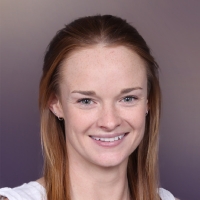
Co-Authors
Alice Lockwood
OCCUPATIONAL THERAPIST
Giant Steps Sydney
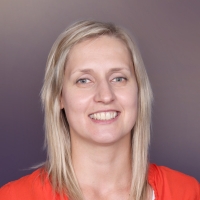
Ela Russ
TEACHER
Giant Steps Sydney
Tags
Resources
Documents and resources providing further support for article.
-
Insert link and text here
